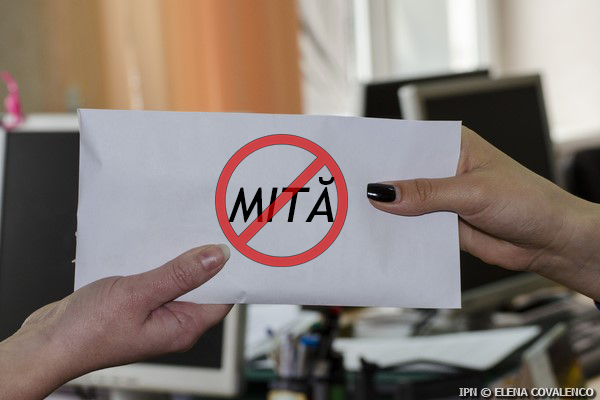
The widespread corruption in public institutions enables the business entities to avoid paying taxes and to escape punishment. Corruption is a barrier that prevents small entrepreneurs operating in the underground economy from starting to work legally. In a commentary centering on the shadow economy, expert of the independent think tank “Expert-Grup” Iurie Morcotylo said the vicious relations between corruption and the underground economy have intensified in Moldova during the past few years and represent a major challenge to the country’s sustainable development, IPN reports.
Iurie Morcotylo said the shadow economy and corruption are closely related and fuel each other. According to official data, the share of the black market during the last few years was 22%-24% of the GDP, except for illegal production. The share of hidden production in the formal sector doubled in the last decade and tax evasion increased correspondingly and this is worrisome. The share of this component of the underground economy rose from 4% of the GDP in 2007 to 8% in 2016.
“These worrisome tendencies reveal the ineffectiveness of the structural reforms and the business community and the unsuccessful efforts made by the authorities to fight corruption during the past few years,” stated the expert.
According to him, corruption is one of the important factors that influence the development of the shadow economy and should be taken into account when working out policies in the field. Owing to corruption, the state inspection bodies are unable to discover and to punish illegal activities and tax evasion, while the amplification of the underground economy stimulates corruption because it serves as a source of “dirty money” for bribing functionaries.
The rise in corruption and the shadow economy leads to a wider fiscal discrepancy - the difference between the collected tax revenue and the potential tax revenue. The fiscal discrepancy during the past few years was assessed at 7% of the GDP, which was equal to almost 9.5 million lei in 2016.


